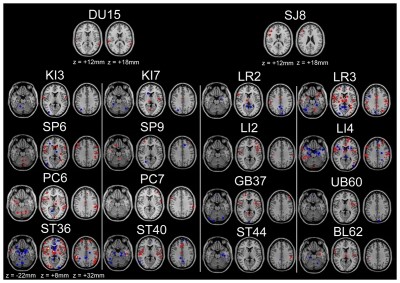
Full-spectrum CBD (cannabidiol) is derived from the cannabis plant and contains various compounds, including cannabinoids, terpenes, and trace amounts of tetrahydrocannabinol (THC). While research on the specific effects of CBD on sleep is ongoing, some studies and anecdotal evidence suggest potential benefits for sleep, and full-spectrum CBD may offer additional advantages due to the entourage effect, where different cannabis compounds work together synergistically. Here are some potential benefits of full-spectrum CBD for sleep:
- Regulation of Sleep-Wake Cycles: CBD may interact with the endocannabinoid system, which plays a role in regulating sleep-wake cycles. It could potentially help individuals with sleep disorders like insomnia by promoting a more regular sleep pattern.
- Reference: Babson, K. A., Sottile, J., & Morabito, D. (2017). Cannabis, Cannabinoids, and Sleep: a Review of the Literature. Current Psychiatry Reports, 19(4), 23.
- Anxiety and Stress Reduction: Anxiety and stress are common culprits of sleep disturbances. Full-spectrum CBD may have anxiolytic (anxiety-reducing) effects, which could indirectly improve sleep by calming the mind.
- Reference: Shannon, S., Lewis, N., Lee, H., & Hughes, S. (2019). Cannabidiol in Anxiety and Sleep: A Large Case Series. The Permanente Journal, 23, 18-041.
- Pain Relief: Full-spectrum CBD has anti-inflammatory properties that may alleviate chronic pain conditions. Improved pain management can lead to better sleep quality for individuals who suffer from pain-related sleep disturbances.
- Reference: Russo, E. B. (2008). Cannabinoids in the Management of Difficult to Treat Pain. Therapeutics and Clinical Risk Management, 4(1), 245–259.
- Relaxation and Sedation: Some terpenes found in full-spectrum CBD, such as myrcene, have sedative properties. These compounds, in combination with CBD, may promote relaxation and sedation, making it easier to fall asleep.
- Reference: Russo, E. B. (2011). Taming THC: potential cannabis synergy and phytocannabinoid-terpenoid entourage effects. British Journal of Pharmacology, 163(7), 1344–1364.
- Reduced Nightmares: For individuals suffering from nightmares or post-traumatic stress disorder (PTSD), full-spectrum CBD may help reduce the occurrence of distressing dreams.
- Reference: Blessing, E. M., Steenkamp, M. M., Manzanares, J., & Marmar, C. R. (2015). Cannabidiol as a Potential Treatment for Anxiety Disorders. Neurotherapeutics, 12(4), 825–836.
Remember – just because a company advertises ‘full-spectrum CBD’ does not mean that it’s what we are discussing here. It’s similar to the caution you need when buying eggs, and you see ‘cage-free’ or ‘free-range.’ Thanks to clever and deceptive marketing strategies, those phrases do not indicate that the chicken was allowed to roam on open pastures eating grass and bugs – that’s exclusive to ‘pasture-raised.’
The CBD market is far more unregulated than an established product like eggs, so it’s essentially the Wild Wild West, and it’s up to you to be informed and do your homework.
What authentic full-spectrum CBD indicates is a product that includes the full range of beneficial cannabinoids, terpenes, and other unique phytonutrients found in hemp. The best way to verify this claim is by looking at the company’s COA, and check to make sure a variety of cannabinoids and terpenes are present.
It’s important to note that while there’s promising research and anecdotal evidence, individual responses to CBD can vary.
It’s advisable to consult with a healthcare professional before starting any new supplement, including CBD, especially if you have underlying medical conditions or are taking other medications.
Always check for recent research and consult with a healthcare provider for personalized guidance.
Your Partner In Health,
Clarissa A. Kussin, ND, FMCHC, ERYT-500












